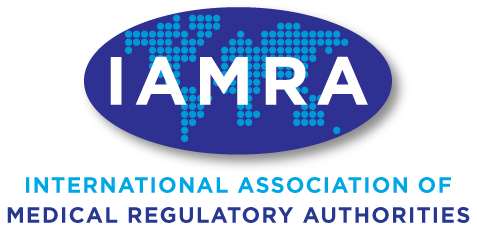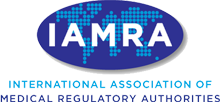IAMRA History
In May 1994, the Federation of State Medical Boards of the United States (FSMB), under contract with the US Department of Health and Human Services, planned and hosted the 1st International Conference on Medical Regulation in Washington, D.C. Participants included representatives of Australia, Canada, Ireland, New Zealand, South Africa, the United Kingdom and the United States. Observers attended from Egypt, Israel, Mexico and Taiwan.
Designed to initiate dialogue among the attendees, the conference focused on the status of medical regulation in the participating nations, examined current research and identified future research needs. The conference stimulated lively discussion and resulted in a consensus in favor of continuing international dialogue. Attendees concluded that the issues faced in the field of regulation, licensure and discipline are not unique to any one nation, and they decided to hold a second conference in Australia in 1996, beginning a pattern of biennial conferences that continues to this day. (Subsequently, conferences were held in South Africa, the United Kingdom, Canada, Ireland, New Zealand, the United States, Australia and Dubai.)
In September 2000, medical regulatory authorities from Australia, Canada, Ireland, New Zealand, South Africa, Sweden, the United Kingdom and the United States formed the International Association of Medical Licensing Authorities (IAMLA), which was formally incorporated in 2004 in the State of Texas as the International Association of Medical Regulatory Authorities (IAMRA). The IAMRA Secretariat continues to be supported by the generosity of the FSMB. From the outset, IAMRA has not promoted or endorsed any particular model of medical regulation but rather, recognizes there are many different structures and approaches. IAMRA supports and encourages the delivery of effective regulatory systems that provide the foundation for patient safety and public protection, relevant to the environment in which they operate. Given the increasing mobility of the medical workforce, IAMRA also recognizes that the impacts of medical regulation can be felt across the world. What happens in one jurisdiction has the potential to affect another, both positively and adversely. Today, IAMRA has over one hundred and twenty members from all regions of the world and promotes effective medical regulation worldwide by supporting best practice, innovation, collaboration, and knowledge sharing in the interest of public safety and in support of the medical profession. The challenge for medical regulators is to create and maintain effective systems that respond to the rapidly changing environments in which physicians and health practitioners work, including healthcare and communication technologies, the global movement of the health workforce, and evolving healthcare delivery systems. |

